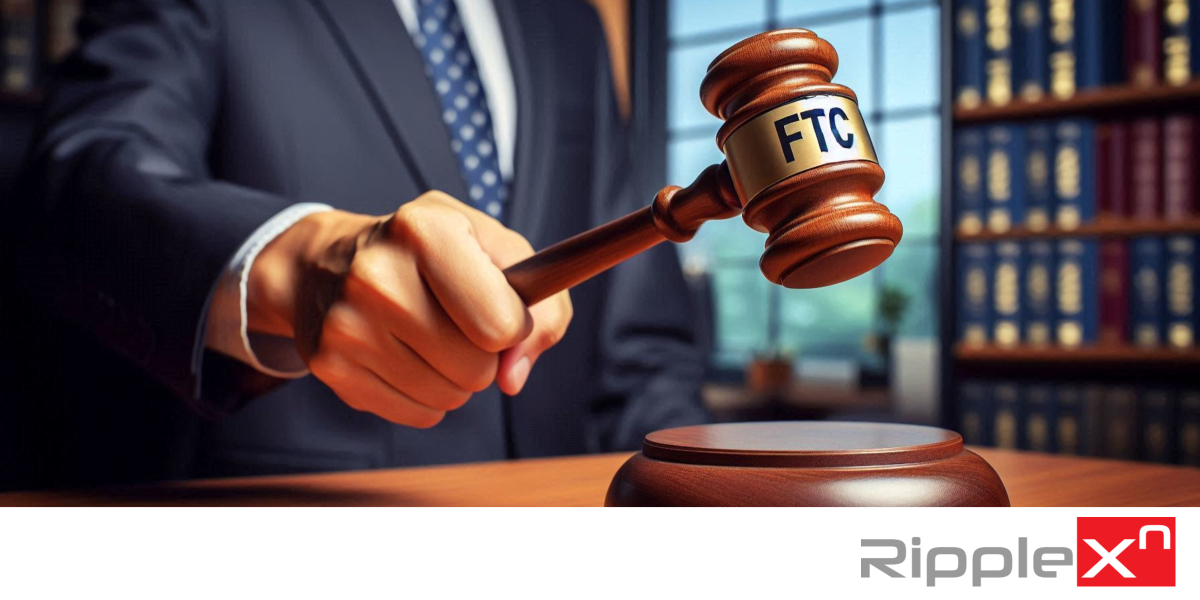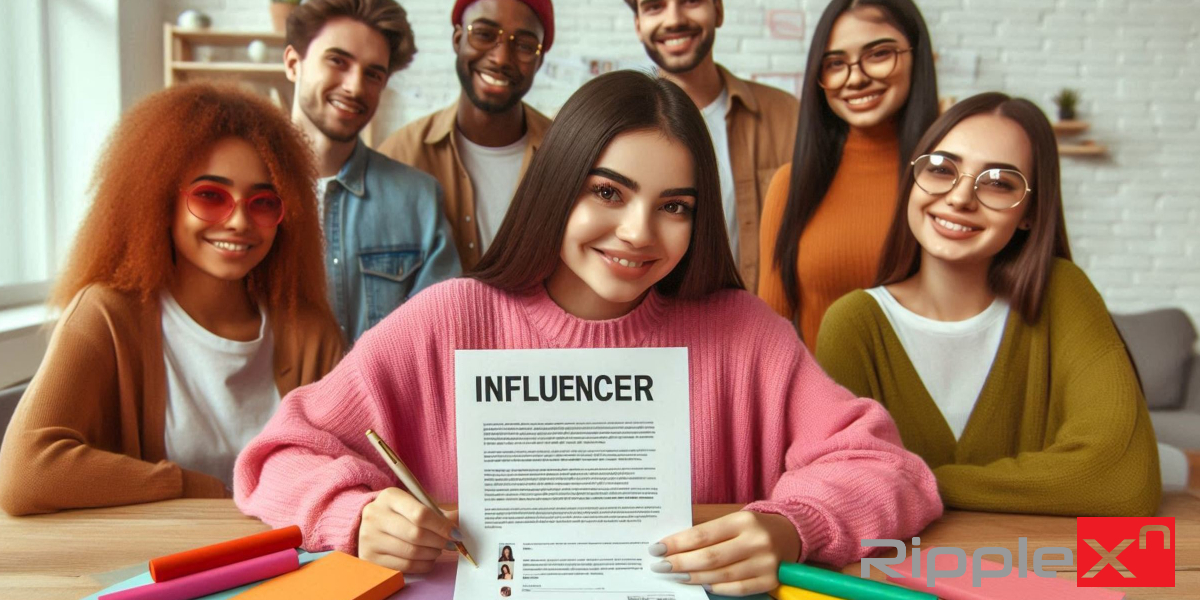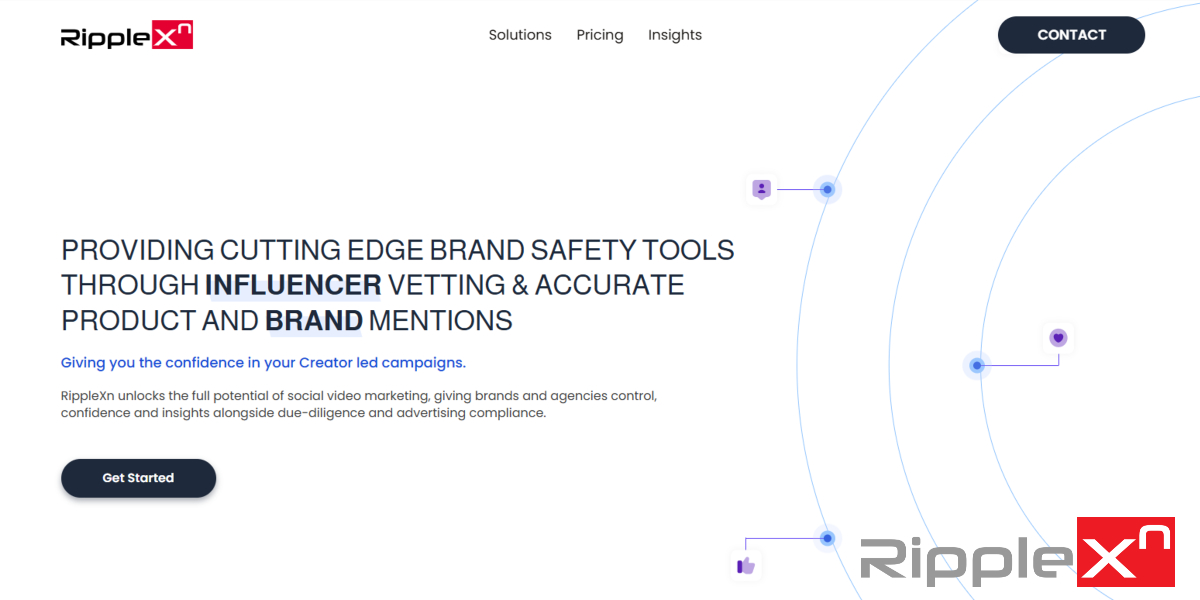Influencer marketing presents both risks and opportunities, especially as expectations and legal regulations become stricter, and brands focus more on safety and compliance. As the creator economy grows, so do the challenges of ensuring content is aligned with advertising compliance and brand values. With new guidelines and societal considerations, agencies are under increasing pressure to uphold these standards across all content.
Risks for agencies
Influencer marketing is no longer just about creative campaigns. It’s about managing risk, complying with regulations, and safeguarding brand integrity. Agencies that fail to address these risks can face serious consequences.
Increased liability
The FTC’s updated guidelines place a heavy burden on agencies to ensure compliance. This means not only monitoring the content influencers produce as part of a campaign but also all content they post for the following 12 months. This expanded responsibility significantly increases the risk of non-compliance, and fines can exceed $50,000 per violation.
Regulated industries, like financial services, pharmaceuticals, and alcohol, face even more scrutiny due to overlapping regulations. Agencies must ask themselves: Are your influencer partners aware of the risks they pose to your agency?
Note: Did you know that in some countries including the UK the agency is liable alongside the brand and the agency can even face the prospect of jail?
Reputational damage
Non-compliance doesn’t just result in fines; it can severely damage an agency’s reputation. News of FTC violations or consumer complaints spreads fast online, leading to negative publicity and loss of trust. Once damaged, rebuilding that trust with clients can be a long and expensive process.
Difficulty securing partnerships
As brands become more aware of the risks, they’re likely to become more selective in choosing agency partners and ask for evidence of processes to ensure brand safety and regulatory compliance. A poor track record in compliance can make it difficult for agencies to secure partnerships, particularly with clients in heavily regulated industries like finance or crypto. One space we’re seeing increased activity is brands performing due diligence in this respect for agencies entering an RFP process.
Resource-intensive monitoring
Keeping track of vast amounts of content across multiple social platforms — especially video content — requires significant resources. Manual monitoring methods are no longer effective. Agencies must invest in advanced tech, such as AI-powered tools, to ensure contractual and advertising compliance efficiently.
See the article about how to find and track content across all the social media platforms >>
Opportunities for agencies
While the risks are high, agencies that embrace technology and best practices can turn compliance into a competitive advantage. By focusing on brand safety and regulatory compliance, they can enhance client relationships and unlock new business opportunities.
Competitive advantage
Agencies that prioritize brand safety and regulatory adherence can stand out in a crowded marketplace. By demonstrating a thorough understanding of FTC guidelines and implementing advanced monitoring systems, these agencies can position themselves as trusted partners who protect their clients from risk. For brands concerned about compliance, this is a major selling point.
Enhanced client relationships
Fostering transparency and actively educating clients about evolving regulations can strengthen agency-client relationships. By adopting a collaborative approach, agencies can demonstrate a shared commitment to brand safety, building stronger, more trusting partnerships.
Data-driven insights
Monitoring social video content for compliance not only ensures adherence to regulations but also provides agencies with valuable data. This data can inform future campaign strategies, from influencer selection to content optimization. With tools like sentiment analysis and trend identification, agencies can create campaigns that resonate better with target audiences while staying compliant.
New service offerings
As demand for brand safety and compliance grows, agencies can develop new service offerings such as compliance audits, training programs for influencers, and consulting on best practices for navigating regulatory complexities. These specialized services offer a way for agencies to differentiate themselves and add value for clients.
Navigating the future: A proactive approach to compliance
To stay competitive and avoid risks, agencies need to take a proactive approach. Here’s how they can lead the way in ensuring compliance while supporting brand values.
Invest in AI-powered monitoring tools
The speed and volume of social media content, particularly video, make manual monitoring unrealistic. Agencies must invest in real-time AI-powered tools that analyze content for potential violations and flag risks immediately. This technology ensures that non-negotiable standards, like advertising compliance, are consistently met.
That is where RippleXn comes in!
Develop robust compliance frameworks
Agencies need to create clear, structured policies for vetting influencers, reviewing content, and managing disclosures. These frameworks should be dynamic, updated regularly to reflect new regulations and best practices in the industry.
Educate clients and influencers
Ongoing education is critical for everyone involved in influencer marketing. Agencies must proactively inform their clients about the importance of compliance and provide influencers with guidelines and training to ensure adherence to FTC regulations and brand values.
Embrace transparency
Transparency is key to building trust with clients. Agencies should be open about the challenges involved in compliance and the steps they are taking to address these issues. This transparency fosters a sense of partnership and shared responsibility, strengthening the client relationship.
Final thoughts
As influencer marketing continues to evolve, the focus on brand safety and compliance will only grow. Agencies that prioritize these aspects and leverage technology to monitor and protect their clients’ interests will be well-positioned to thrive. By adopting a proactive approach, they can turn compliance into an opportunity, building trust, enhancing relationships, and delivering long-term value for their clients.
Talk to the RippleXn team about a suite of tools that can be white labeled to help your agency scale and provide the best value to your clients of all sizes.






